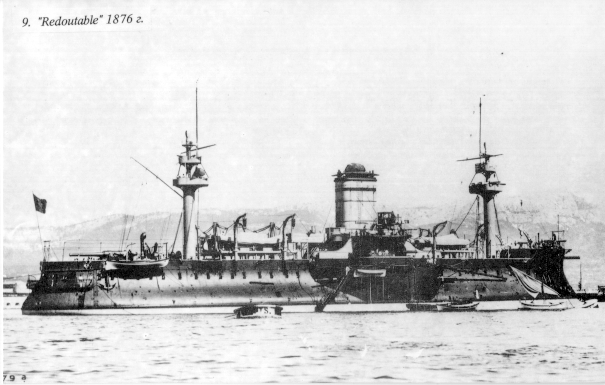The US has engaged in a strategy of imperialism ever since European colonists were originally sent over to this New World in the 17th Century. By the late 19th Century, however, American imperialism had evolved and exported itself around the world.
Militarily, the United States sought to control the seas in order to sustain a global empire. In 1890, Captain Alfred Thayer Mahan wrote The Influence of Sea Power upon History, claiming that controlling the seas through building defensive bases on islands in the ocean was necessary for an empire. A couple of excerpts from Mahan's book detail his reasoning as to how sea power serves as the crux of all imperial expansion:
"...in peace: The government by its policy can favor the natural growth of a people's industries and its tendencies to seek adventure and gain by way of the sea;”
Mahan connects the military power of the navy to yet another motivation for imperialism -- the constant need for expansion. He claims that this policy would favor "the natural growth" of industries because of its tendencies to "gain by way of the sea."
"To avoid blockades of America, there must be a military force afloat that will at all times so endanger a blockading fleet that it can by no means keep its place. Then neutral ships, except those laden with contraband of war, can come and go freely, and maintain the commercial relations of the country with the world outside.”
Here, Mahan connects military power to an economic justification for imperialism. Specifically, "there must be a military force afloat" in order "to avoid blockades of America." The impact to this would be the maintaining of "commercial relations of the country with the world outside," a powerful economic reasoning behind US imperialism.
"The question is eminently one in which the influence of the government should make itself felt, to build up for the nation a navy which, if not capable of reaching distant countries, shall at least be able to keep clear the chief approaches to its own…It may safely be said that it is essential to the welfare of the whole country that the conditions of trade and commerce should remain, as far as possible, unaffected by an external war."
Finally, Mahan also touches upon "the influence of the government" and how the navy is "essential to the welfare of the whole country" by being able to protect the country from external wars and to maintain trade even in times of instability in the rest of the world. The power of this military influence brought on by the navy can be seen in the Spanish American War, where the American steel navy was able to utterly outclass Spain.
The call for a stronger navy arises as yet another extension of a new, globalized US imperialism. Mahan clearly justifies his reasoning for a stronger navy through talking about maintaining stronger economic relations with the rest of the world and encouraging further, natural expansion of industries into the ocean. This reflects the general attitude towards US imperialism during this time period.

No comments:
Post a Comment